They want to beat the misconceptions about social businesses
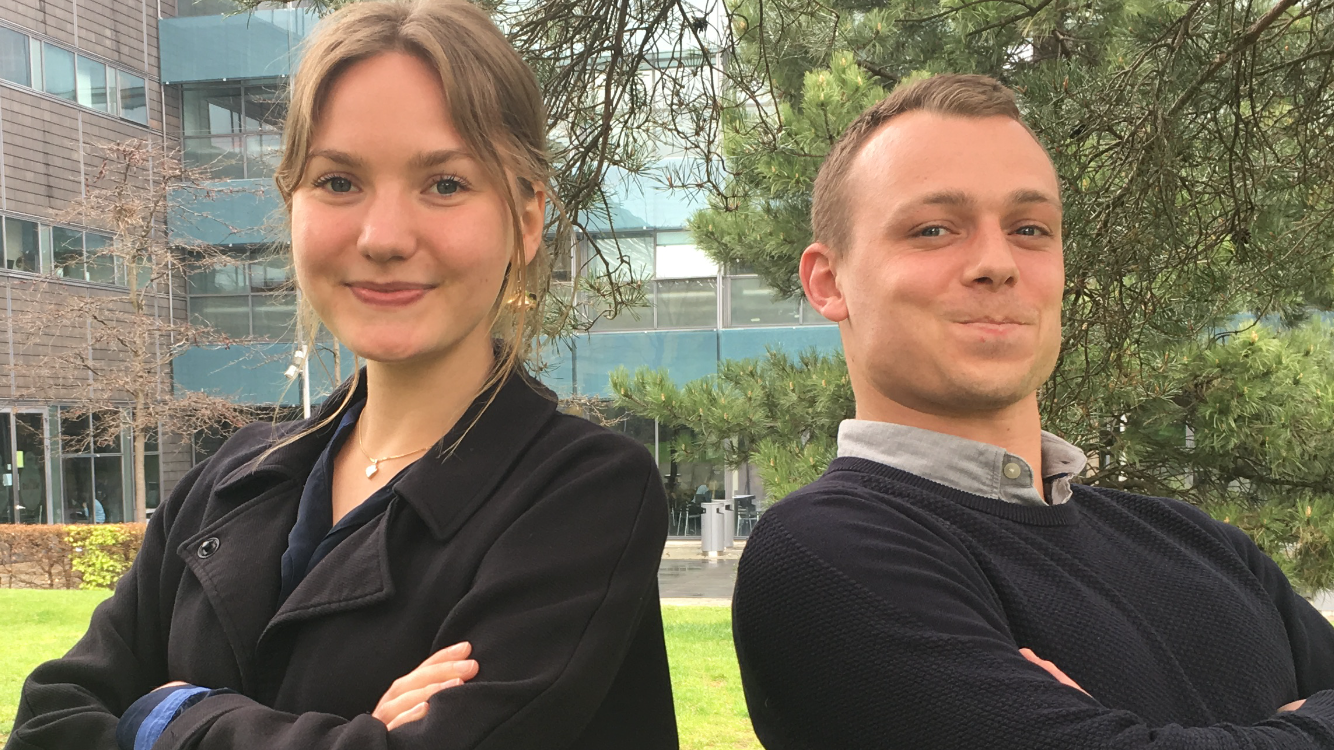
Marine von Renteln and Martin Gry Pedersen will be hosting a seminar about social businesses at Porcelænshaven. (Photo: Anne M. Lykkegaard)
If CBS students are to become the ‘leaders of tomorrow’, they need to understand the potential of creating social and sustainable companies, argues Marine von Renteln, first year-student at CBS. Together with the social enterprise YES CPH and the Copenhagen School of Entrepreneurship, she is hosting a seminar about this topic on May 3 at Porcelænshaven.
CBS student, Marine von Renteln is on a mission. As an International Business and Politics-student she experiences and often hears that the knowledge CBS offers on sustainability, circular economy or social businesses is quite superficial .
“Even though I have not even been here a full year, I’m actually shocked at how little we learn about sustainability or social enterprises. I can take electives or do a master’s degree in sustainability. But if people don’t have an interest in the topic, they won’t know anything about it when they finish. We tend to focus on efficiency instead of sustainability, but we should be able to be both efficient and sustainable and that is what some social businesses have proven is possible,” she says.
Therefore, she has, together with the CBS start-up YES CPH and Copenhagen School of Entrepreneurship, arranged a seminar on May 3 at Porcelænshaven 26, 2. Floor from 4PM – 6PM. The aim of the seminar is to provide a better understanding of what a social business is and to bust some of the misconceptions about social enterprises.
Martin Gry Pedersen, project coordinator of YES CPH, which helps refugees get a foothold in the Danish job market by helping them to qualify for jobs such as cleaning, event assistance and catering, has experienced these misconceptions himself.
“Once in a while I get a comment that social enterprises are doomed to fail because the belief is that they’re more expensive to run. But they’re not. It’s as easy to run a social business, as it is to run a conventional one,” he says.
To underline their point, Marine von Renteln and Martin Gry Pedersen have invited several social enterprises, including Buddha Bikes, Blindes Arbejde and Café Bueno. Their role is to explain why they have chosen to be a social enterprise and how they make a difference, and to discuss if every business can be a social business, the barriers for social businesses, and whether they can compete with profit-seeking enterprises
“We have invited these companies because they defend the idea of a social business, and they would like to share their story about why they’re happy doing what they do,” says Marine von Renteln.
Useful hacks
Martin Gry Pedersen and Marine von Renteln point out that the seminar is for everyone who has an interest in social business.
“We want to give students another version of how to do business. We want to show that running a social business is also an opportunity, and we hope to plant some seeds which could turn out to be new social start-ups,” says Marine von Renteln.
Martin Gry Pedersen adds:
“By coming to this seminar, people get the opportunity to meet all these great and inspirational people who are more than happy to share their hacks so we can avoid certain pitfalls when embarking on a social start-up,” he says.
On a greater scale, Marine von Renteln hopes that CBS will have more about social enterprises and sustainability in the curricula in the future in order to create the leaders of tomorrow.
“I hear a lot here at CBS that we are the ‘leaders of tomorrow’. If we are, then I think we should be inspired about how to make our society and the world a better place,” she says.



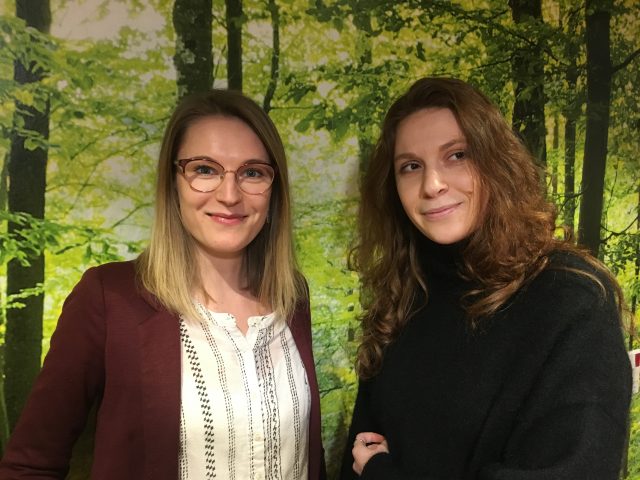
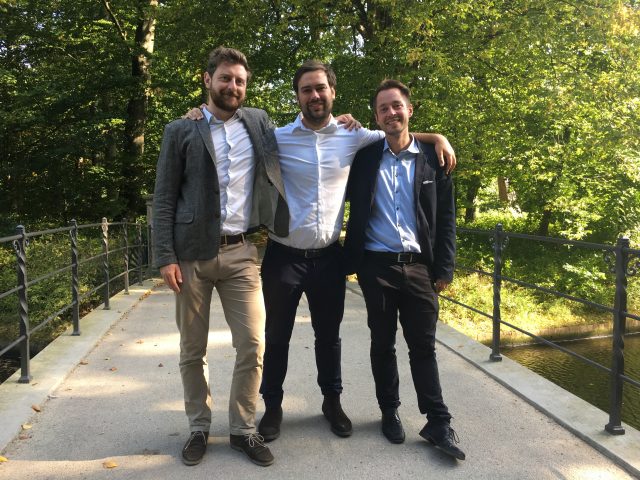
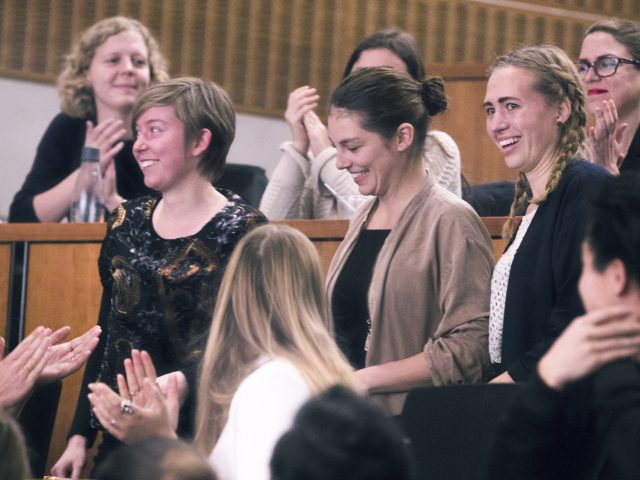
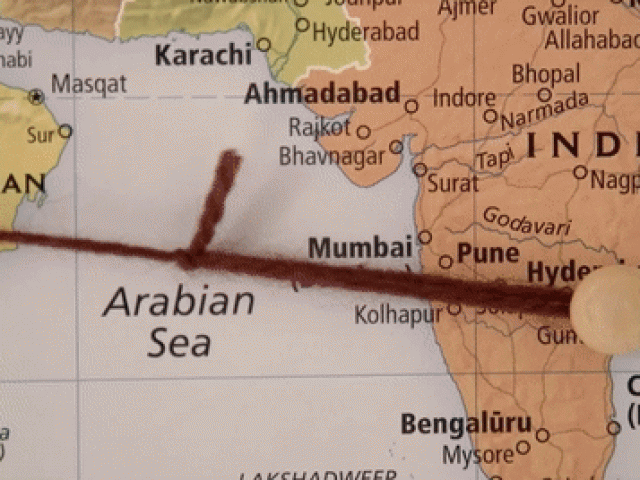
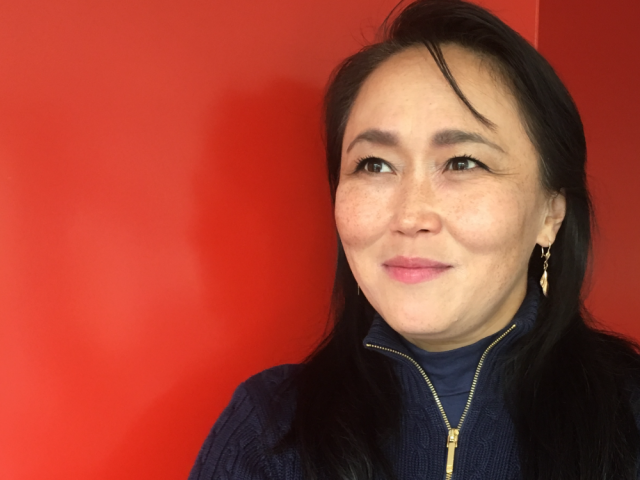




























































































































Comments